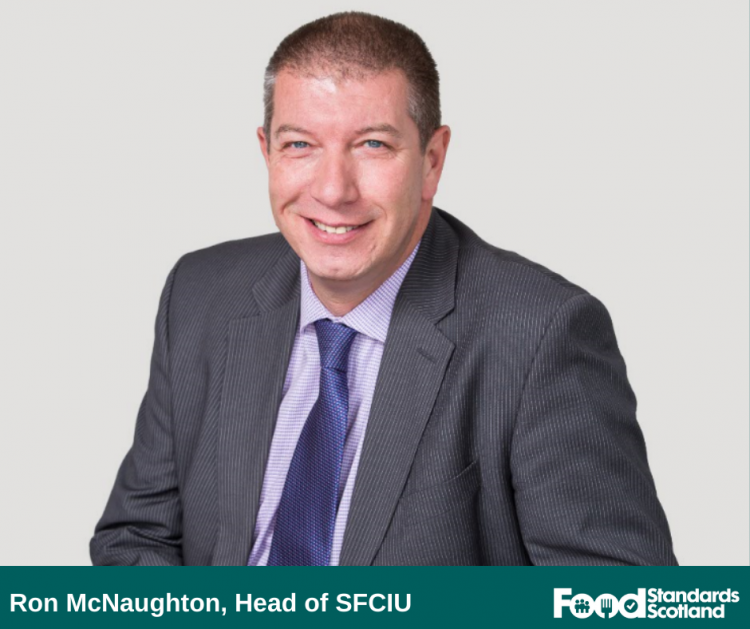News & Updates
Festive food crime: What to look out for

With Christmas fast-approaching, Food Standards Scotland is making consumers in Scotland aware that there may be an increased risk of food crime.
The majority of food businesses in Scotland remain legitimate and want to help provide a service to ensure you have a great festive period. There are, however, a small minority of individuals willing to cut corners and take advantage of people at what can be a busy and stressful time of the year.
The Scottish Food Crime and Incidents Unit (SFCIU) is urging consumers to be aware of three key ‘tell-tale’ signs which can help avoid falling victim to food fraudsters looking to exploit people at this time of year.
- The price seems too good to be true
-
We all like a bargain, especially at this time of year, but if you’ve been offered a product(s) from the back of a van or outside your home for a fraction of the usual price you would pay at your local butcher, fishmonger or supermarket, check with your local environmental health department that the seller is permitted to trade.’
- Unregistered food businesses on social media / online
-
Shopping online for festive food and drink hampers and packages is a great Christmas treat, but how can you tell if they are meeting the right standards? With more food businesses being run from home at this time, it's essential they meet necessary hygiene conditions to keep food safe. Before you order food online or through social media, check if the business is registered with your local authority. If you’re buying food from unregistered food business it might not have been processed and prepared under the necessary hygiene conditions required to supply safe food.
- Fake alcohol, ‘disguised’ as well-known legal brands
-
It is not just food products which can be targeted. Look out for the sale of fake or illegally produced alcohol that is made in unlicensed distilleries or people’s homes. These drinks are often packaged to look like well-known brands, and if the price is alarmingly cheap, it might not be the product it claims it is.
Ron McNaughton, Head of the SFCIU, said:
“With Christmas upon us and people looking for a bargain ahead of the big day, there have been opportunities for unscrupulous traders and individuals to cut corners and sell direct to individuals and retailers.
“This could include for example meat and fish products that have not been properly processed through the supply chain, or cheap fake alcohol.
“Food crime is not only illegal and deceptive, but potentially harmful to health so we are urging consumers not to be tempted by offers that seem too good to be true - because they most likely will be.”
The SFCIU continues to work in partnership with industry, local authorities, Police Scotland, the Food Standards Agency and others to protect consumers and our renowned food and drink reputation.
Ron added:
“Remember - criminal activities potentially put consumers and industry at risk, so if you have any knowledge or suspicion of food crime, please call our free hotline which is run in partnership with Crimestoppers on 0800 028 7926 or fill in our online form”
Contact the Scottish Food Crime and Incidents Unit
Food crime can affect you and those closest to you. Take the time to report it by phone or online.